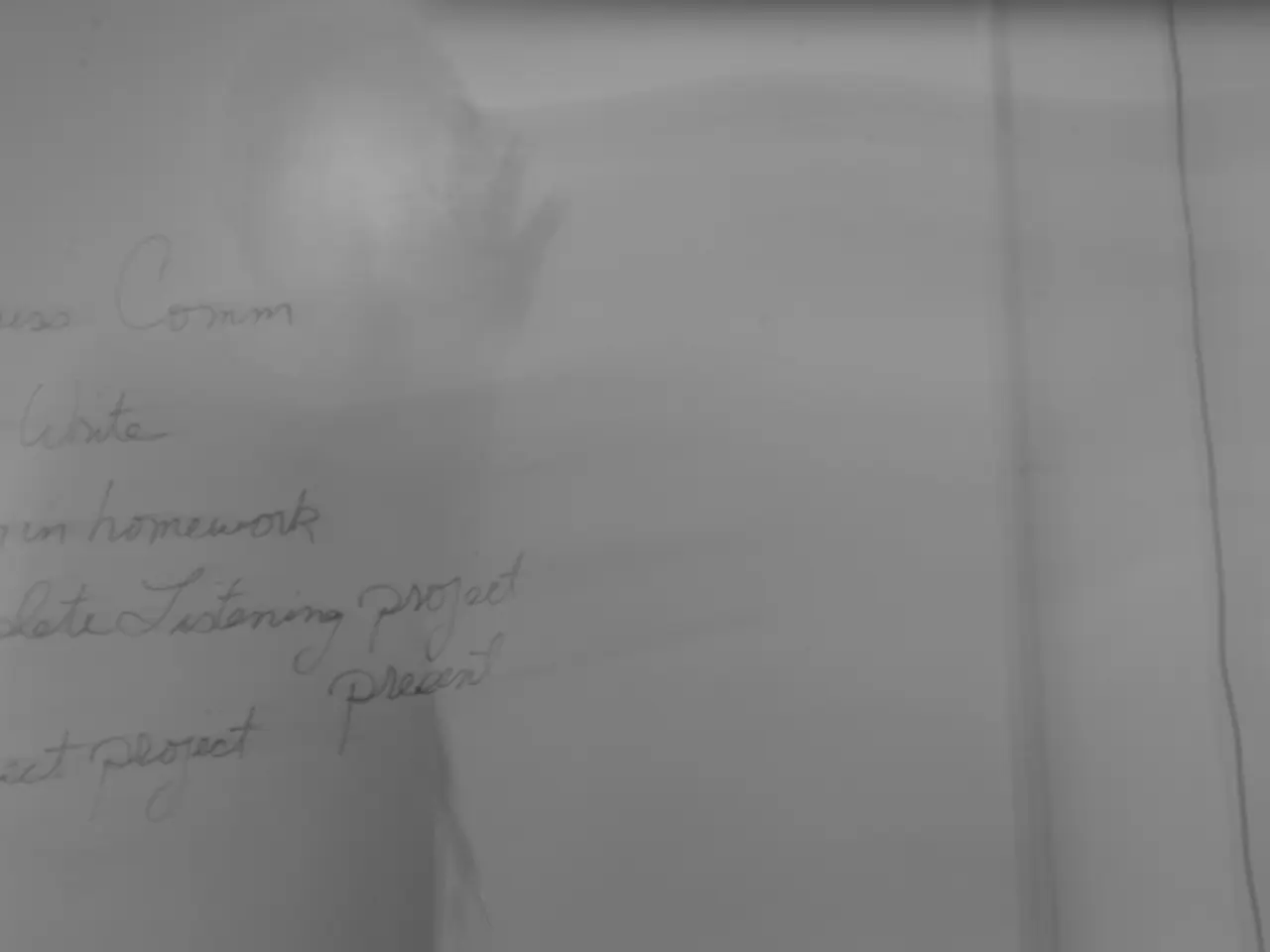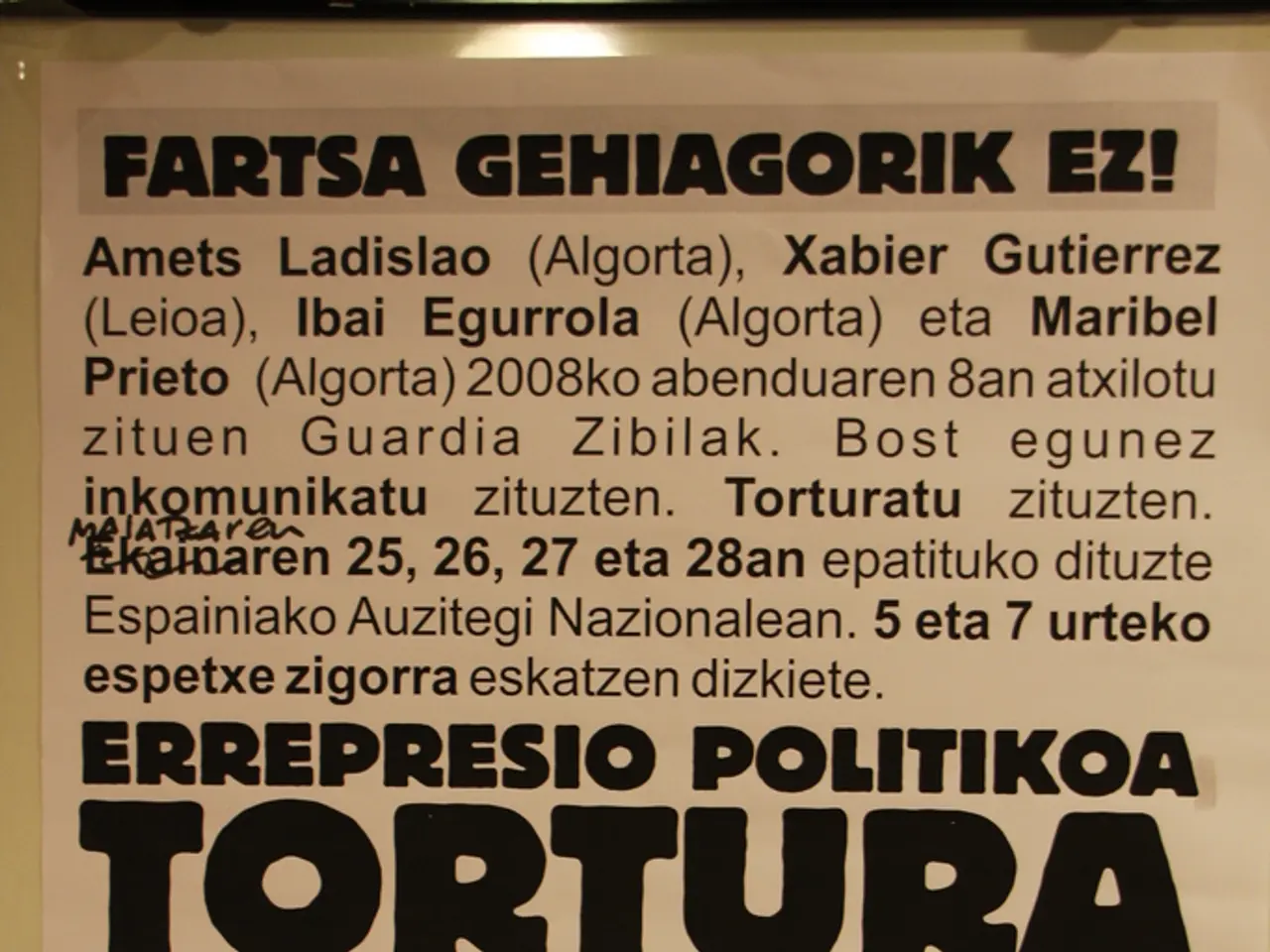Israel unveils strategy for reclaiming Gaza City, indicative of an intensification in the ongoing conflict
Israel's security cabinet has approved a controversial plan to reoccupy Gaza City, aiming to expand its control deeper into the urban center and prepare for forced evacuations over a two-month period [2][1]. This move, proposed by Prime Minister Benjamin Netanyahu, is part of a broader strategy to defeat Hamas.
The plan, however, faces strong opposition within Israel, including from the Israel Defense Forces (IDF) Chief of Staff and Israeli army pilots, who warn it increases risks to the remaining Israeli hostages still held in Gaza and could lead to heavy casualties for both Israelis and Palestinians [1][3][5].
Netanyahu has stated that Israel does not intend to govern Gaza long-term but aims to establish a "security perimeter" and expects an Arab civil authority to govern the territory afterward [2][4]. However, the lack of a clear "day after" strategy for Gaza’s governance leaves open questions about how stability and civilian needs will be managed once Hamas is disarmed [1][4].
The potential implications of this plan are significant:
- Deepening Israeli occupation and a protracted conflict: By reoccupying Gaza City and expanding control, Israel risks embedding itself in a "forever war," with no clear resolution and significant humanitarian harm [1][3].
- Severe humanitarian consequences: Forced evacuations and intensified fighting could worsen Gaza’s dire humanitarian crisis, leading to further displacement and famine risks [1][2].
- International and regional fallout: The plan has provoked criticism from Arab states, European countries, and parts of Israel’s own defense establishment, potentially isolating Israel internationally and risking wider regional escalation involving Iran and its allies [3].
- Complex hostage situation: Hamas and other groups hold remaining Israeli hostages, and military escalation threatens their safety; the fragmented status of captives complicates negotiation or rescue efforts [1][3][4][5].
The move has drawn Palestinian rejection and fueled international calls to end the war. Over 61,000 Palestinians have been killed in Israel's military offensive, according to Gaza's Health Ministry. Hamas official Osama Hamdan warned that an Arab-led force in post-war Gaza could further "plunge the region into new trouble." Hamas has rebuffed Netanyahu's plans and said people in Gaza would remain defiant against occupation.
Maysaa al-Heila, a resident living in a displacement camp, stated that "There is nothing left to occupy. There is no Gaza left." Israel's military chief of staff, Lt. Gen. Eyal Zamir, warned against occupying Gaza, citing potential danger to hostages and strain on the military.
In summary, Israel's plan to reoccupy Gaza City is currently approved but contentious, with significant risks of prolonged warfare, a worsening humanitarian crisis, and regional instability, while intentions to eventually transfer governance remain vague [1][2][3][4].
- The controversial plan to reoccupy Gaza City, proposed by Prime Minister Benjamin Netanyahu, is met with opposition from various Israeli sources, including the Israel Defense Forces (IDF) Chief of Staff and Israeli army pilots, who have voiced concerns about its potential negative impacts on hostages, high casualties, and deepening war-and-conflicts.
- The proposed plan to reoccupy Gaza City, part of a broader strategy to defeat Hamas, has drawn criticism from Arab states, European countries, and parts of Israel's own defense establishment due to the risks of severe humanitarian consequences, international and regional fallout, and the complex hostage situation, adding to the general-news discussions and concerns.








